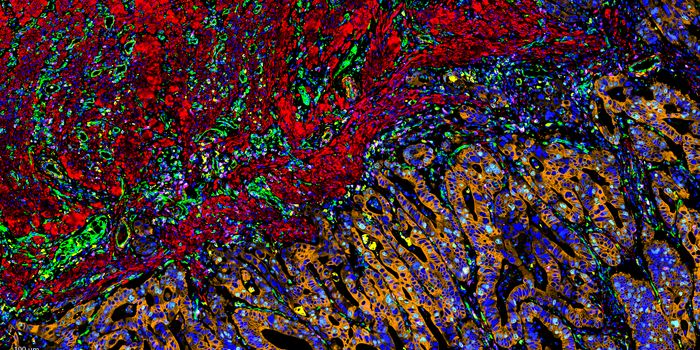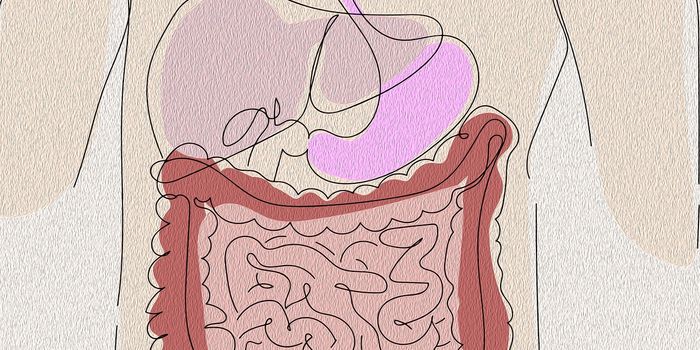Should we be treating kidney cancer differently?
New research published in the journal Clinical Cancer Research is questioning how we treat kidney tumors. According to the findings of scientists from the Huntsman Cancer Institute at the University of Utah, the proteins HIF-1α and HIF-2α play different roles in tumor development than was previously understood. These findings suggest a new to completely rethink the way we attack kidney cancer.
"Prior research in kidney cancer suggests a paradigm in which HIF-1α plays an anti-tumor role, whereas HIF-2α plays a pro-tumor role, but this was determined primarily using cell lines and animal models," said Mei Koh, Ph.D., an HCI investigator and assistant professor in the Department of Pharmacology and Toxicology at the U of U.
In this study, instead of relying on cell lines and animal models, the research team used tissue from over 380 patients with from clear cell renal cell carcinoma, the most common and aggressive form of kidney cancer. They analyzed the levels of HIF proteins, tumor grade, stage, and patient outcome, determining that in fact HIF-1α is associated with high-grade, metastatic tumors. Additionally, HIF-1α was found to be associated with decreased patient survival and increased resistance to therapy.
On the other hand, the team just as unexpectedly found that HIF-2α was associated with low-grade tumors, no metastasis, and longer life. "The entire team was surprised that our findings were almost exactly opposite to what we had expected," Koh said.
"Our view of the HIFs in kidney cancer may need to be revised. We found that HIF-1α, the presumed tumor suppressor, was an indicator of poor patient outcome. HIF-2α, the presumed tumor driver, was significantly associated with better patient outcome. Of note, HIF-1α was detected mainly in tumor-associated macrophages, which are immune cells of the patient, but not within the cells of the tumor. This suggests that these immune cells could play an important role in tumor progression. HIF-2α was detected exclusively within tumor cells."
Based on these findings, the team says there is a need to reevaluate the role of both proteins, considering HIF-1α as a therapeutic target as well as a marker of disease progression.
Sources: Clinical Cancer Research, Eureka Alert









